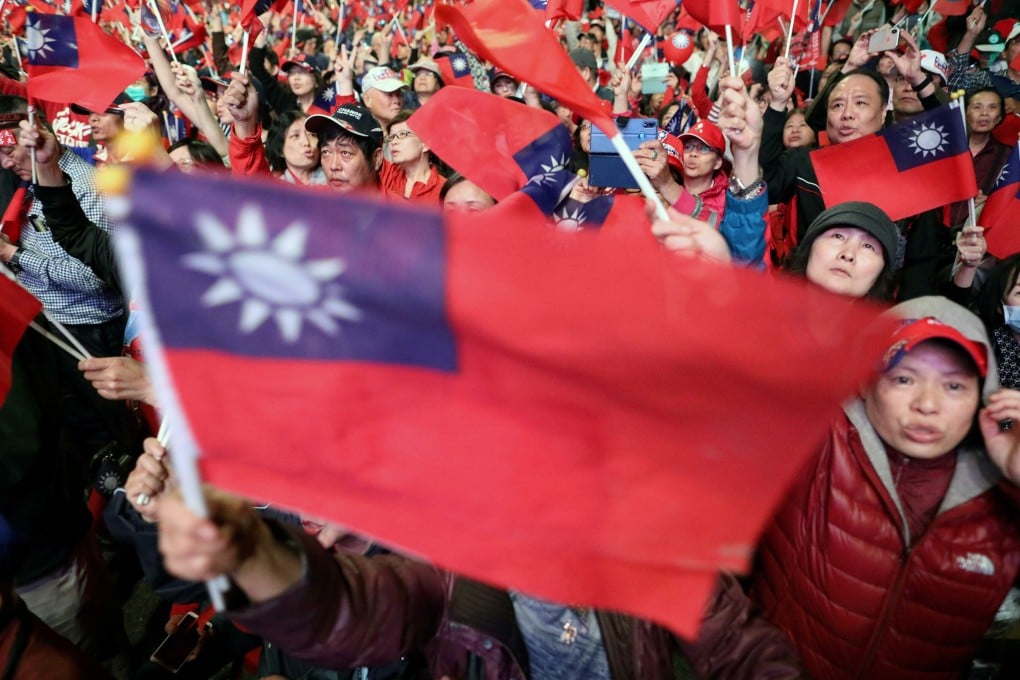Taiwan: will dark horse pushing cross-strait union upend two-way race for KMT chair?
- Chang Ya-chung, 66, has won over ‘deep blue’ Kuomintang members with his hardline pro-unification stance and scorn for Taiwan-centric rivals
- As Chang also pulls ahead in opinion polls, the question remains whether he would make a viable presidential candidate were he to become KMT chief

But now, thanks to a September 4 televised debate and a controversial KMT decision to discipline him, NGO chief Chang Ya-chung, who is little known outside Taiwan, has successfully established himself as a tragic hero fighting to steer the century-old party back to its mainland China-centric road.

03:14
Future of Chiang Kai-shek statues questioned as Taiwan reckons with former leader’s legacy
If the KMT were to hold the election now, 66-year-old Chang would emerge victorious, the latest opinion polls indicate.
Survey results released by the TVBS cable news network on Thursday showed Chang, head of the NGO Sun Yat-sen School, had a support rate of 30.6 per cent, leading Chu by 3.1 percentage points and trumping incumbent Chiang by nearly 18 percentage points.
Trailing far behind was former Changhua County magistrate Cho Po-yuan, 56, with a support rate of just 0.9 per cent.
Polls by TVBS in early August had shown Chang still trailing with just 4.8 per cent, but later that month his support rate soared to 15.4 per cent.